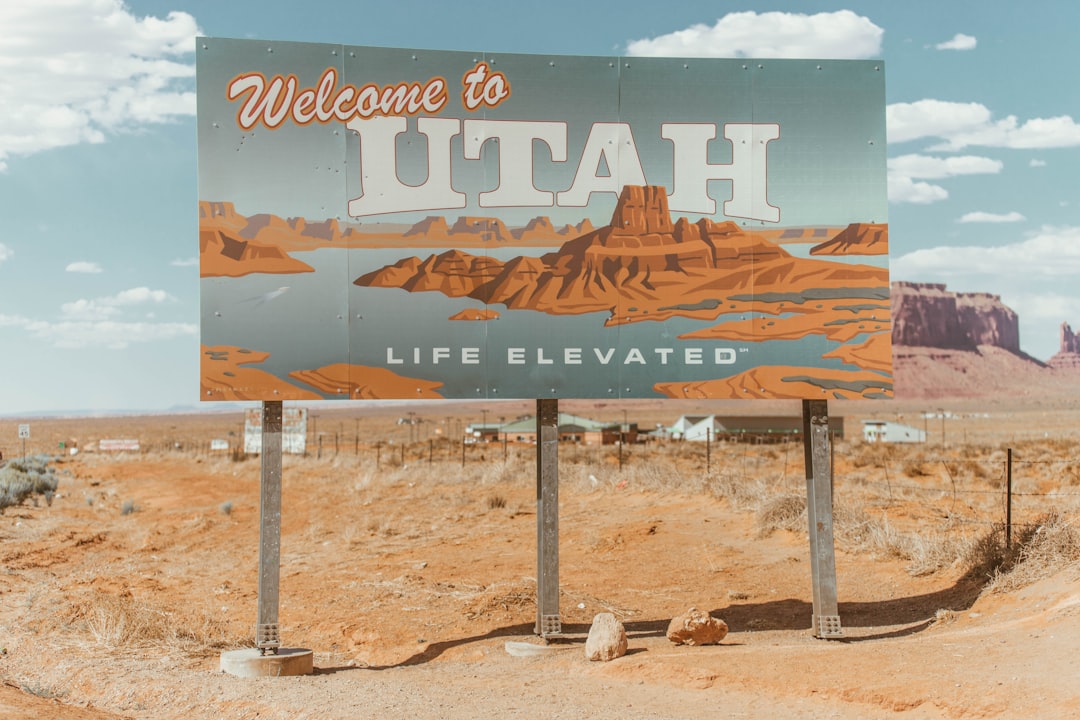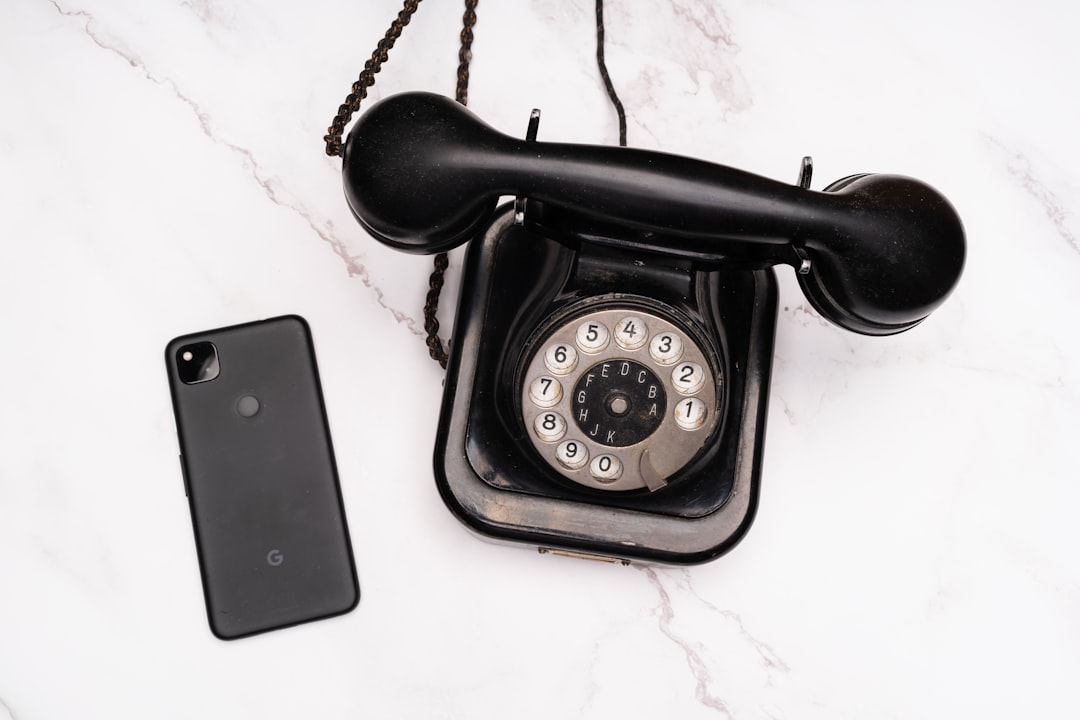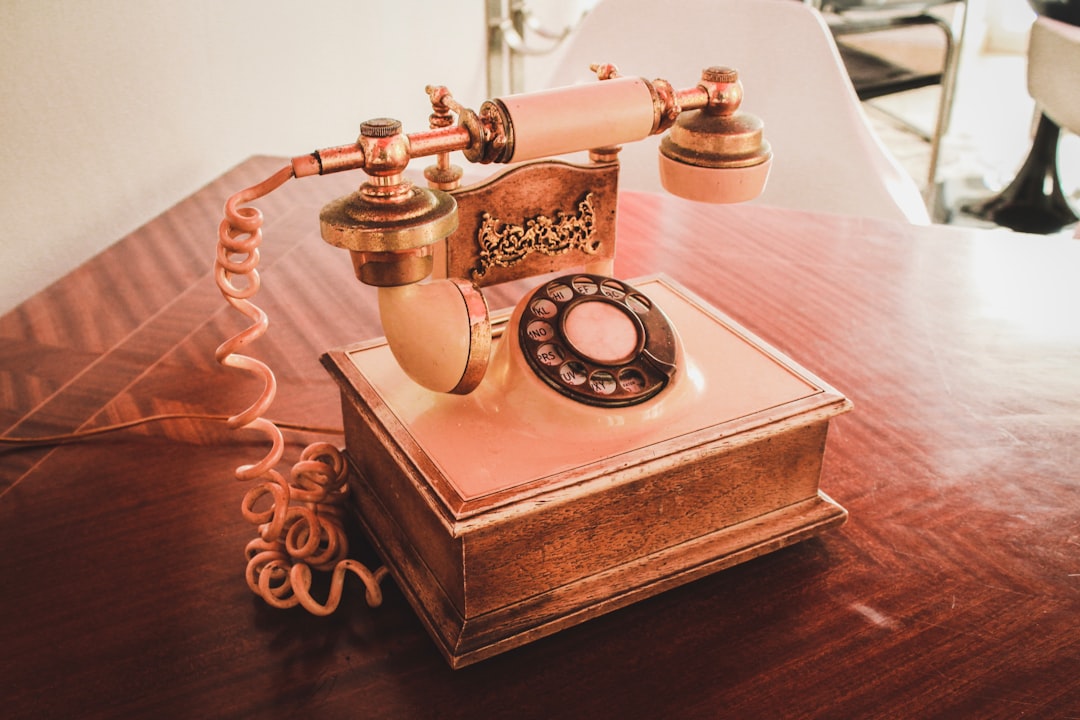Utah's Pawnshop Law regulates second-hand transactions, focusing on transparent record-keeping and advertising. Strict Do Not Call Laws protect residents, binding second-hand businesses in Hurricane and across Utah to avoid legal issues by honoring customer privacy preferences through accurate consent records and opt-outs, fostering trust.
In the bustling town of Hurricane, Utah, understanding local regulations is paramount for businesses dealing in secondhand goods. The Utah Pawnshop and Secondhand Merchandise Transaction Information Act, with its specific provisions, significantly impacts how pawnshops and secondhand stores operate. This article delves into the key aspects of this law, focusing on “Do Not Call Laws Utah,” to help Hurricane merchants navigate compliance strategies effectively.
Utah Pawnshop Law: Key Provisions Explained

In Utah, the Pawnshop and Secondhand Merchandise Transaction Information Act provides a framework for regulating pawnshops and the buying and selling of second-hand goods. This law, often referred to as the Utah Pawnshop Law, includes several key provisions designed to protect consumers and ensure fair transactions. One significant aspect is the requirement for pawnshops to maintain detailed records of all transactions, including information about the seller, the item’s description, and its purchase price. This data must be accessible to both current and potential future buyers, promoting transparency.
Additionally, the law restricts the terms used in advertising and sales, particularly regarding the ‘Do Not Call’ laws for Utah. Pawnshops are prohibited from making misrepresentations or using deceptive practices while marketing their services. They must clearly communicate interest rates, fees, and repayment terms to customers, ensuring they understand the financial implications of their transactions. These provisions aim to empower consumers by providing them with the knowledge to make informed decisions, fostering trust in the second-hand merchandise market.
Do Not Call Laws Utah: Impact on Secondhand Businesses

In Utah, Do Not Call Laws are designed to protect residents from unwanted telemarketing calls. These laws can significantly impact secondhand businesses operating in Hurricane and across the state. While these businesses often rely on phone communications for marketing and customer engagement, they must adhere to strict guidelines to avoid infringing upon consumers’ privacy.
Secondhand merchandise stores and pawnshops, being direct participants in the Utah market, need to be particularly mindful of these regulations. They should implement robust do-not-call measures to ensure compliance, including maintaining accurate customer consent records and honoring consumer requests to stop calls. By doing so, they can maintain a positive reputation, foster customer trust, and avoid potential legal repercussions associated with violating Do Not Call Laws in Utah.
Navigating Regulations: Compliance Strategies for Hurricane Merchants

In Hurricane, businesses dealing with secondhand merchandise must navigate a specific regulatory landscape, particularly concerning the Utah Pawnshop and Secondhand Merchandise Transaction Information Act. This act outlines crucial guidelines for pawnbrokers and retailers to follow regarding consumer protection and transparency. One of the key aspects is the implementation of ‘Do Not Call’ laws, ensuring that businesses respect customer privacy and don’t engage in unwanted communication.
To remain compliant, Hurricane merchants should develop robust internal policies. This includes training staff on data protection practices, especially when handling sensitive customer information. Additionally, implementing efficient inventory management systems can help track merchandise sources and ensure transparency during sales. By staying informed about Utah’s pawnshop regulations and adopting proactive compliance strategies, local businesses can foster trust with their customers while avoiding legal pitfalls.






